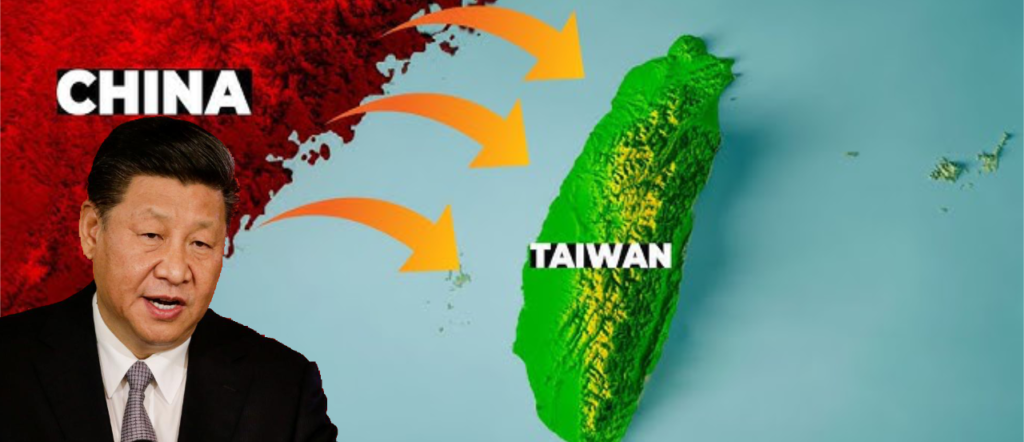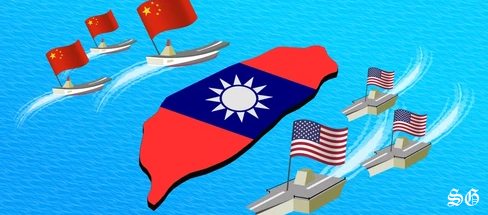Table of Contents

China-Taiwan Relations: Xi Jinping Reaffirms Reunification Amid Rising Tensions
Emphasis on Reunification
Chinese President Xi Jinping reaffirmed Beijing’s stance on Taiwan in his New Year’s speech, stressing that “no one can stop” China’s “reunification” with the island. He characterized the people across the Taiwan Strait as “one family” and emphasized that historical trends favor national reunification.
Increased Military Pressure
Throughout the past year, China has intensified military activities near Taiwan. These actions include:
- Frequent Military Incursions: Daily operations by Chinese warships and planes in Taiwan’s surrounding waters and airspace.
- Large-Scale Naval Exercises: Notable massing of Chinese naval forces in the Taiwan Strait and nearby seas.
- War Games: Two significant rounds of military exercises targeting “separatist acts.”
Taiwanese officials view these activities as attempts to normalize China’s military presence and exert ongoing pressure.
Taiwan’s Response
Taiwan, governed democratically, rejects Beijing’s territorial claims. Its government asserts that only the Taiwanese people can decide their future and calls on Beijing to respect this choice. Taiwan continues to defend its autonomy despite increasing military and diplomatic challenges.

U.S.-Taiwan Relations and China’s Reaction
The United States’ support for Taiwan, particularly through arms sales under the Taiwan Relations Act, has further strained ties with China. Key developments include:
- Arms Sales: Ongoing U.S. military aid to Taiwan has drawn strong criticism from Beijing.
- Diplomatic Visits: Taiwanese President Lai Ching-te’s stopovers in U.S. territories during international trips have provoked additional Chinese military displays.
Persistent Tensions in the Taiwan Strait
The Taiwan Strait remains a critical flashpoint. While China insists on eventual reunification, Taiwan and its allies advocate for maintaining the island’s autonomy. This geopolitical struggle reflects broader regional and global tensions involving China, Taiwan, and the United States.